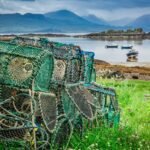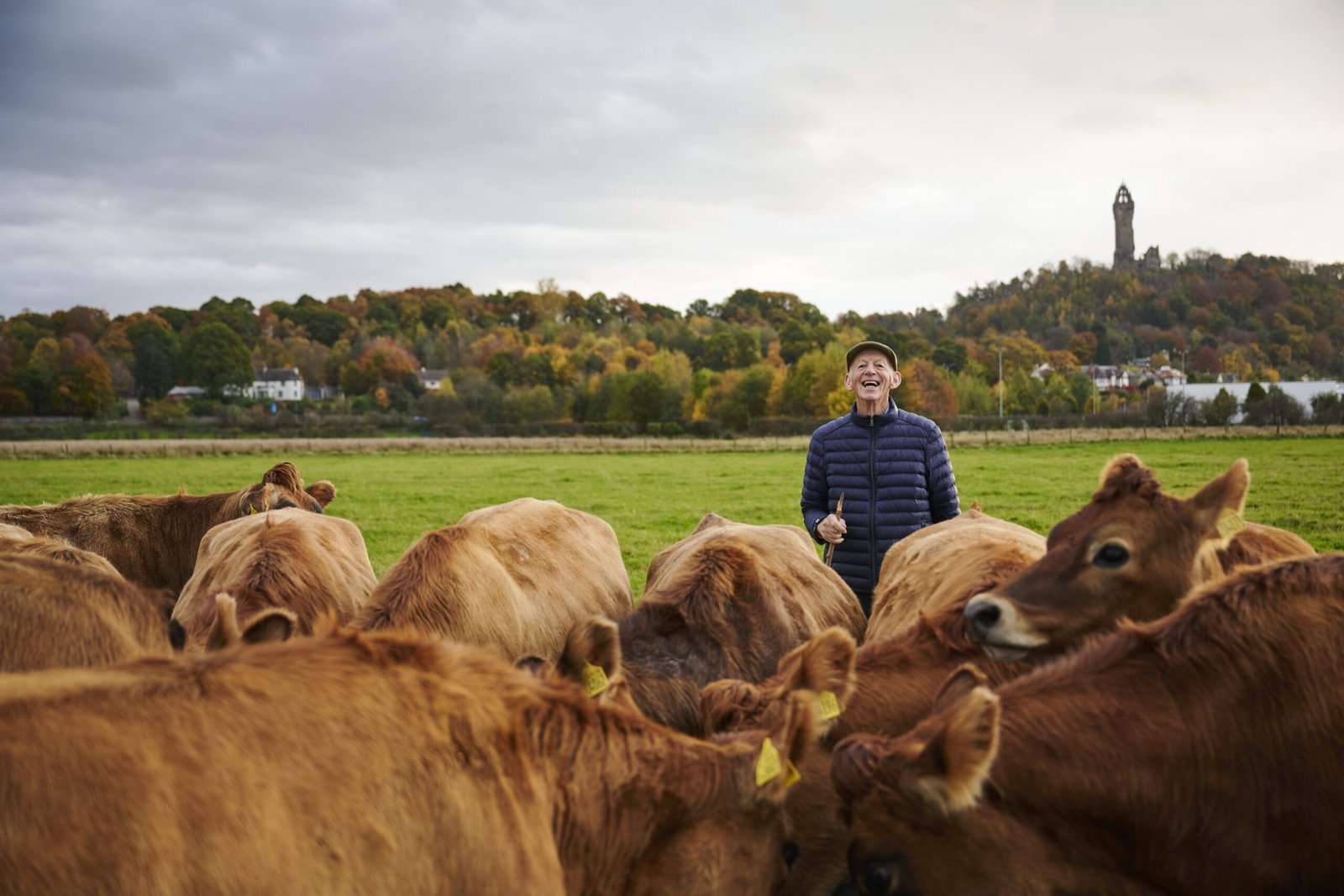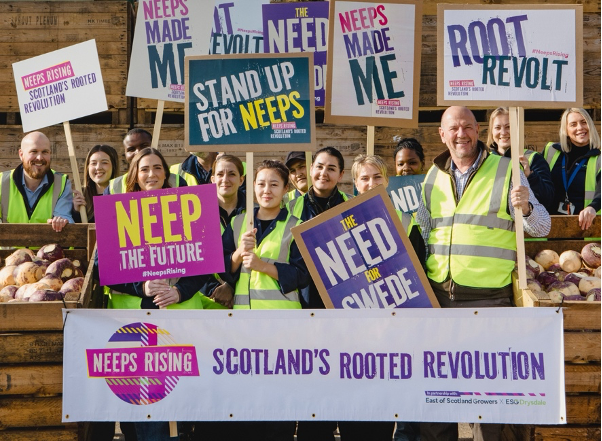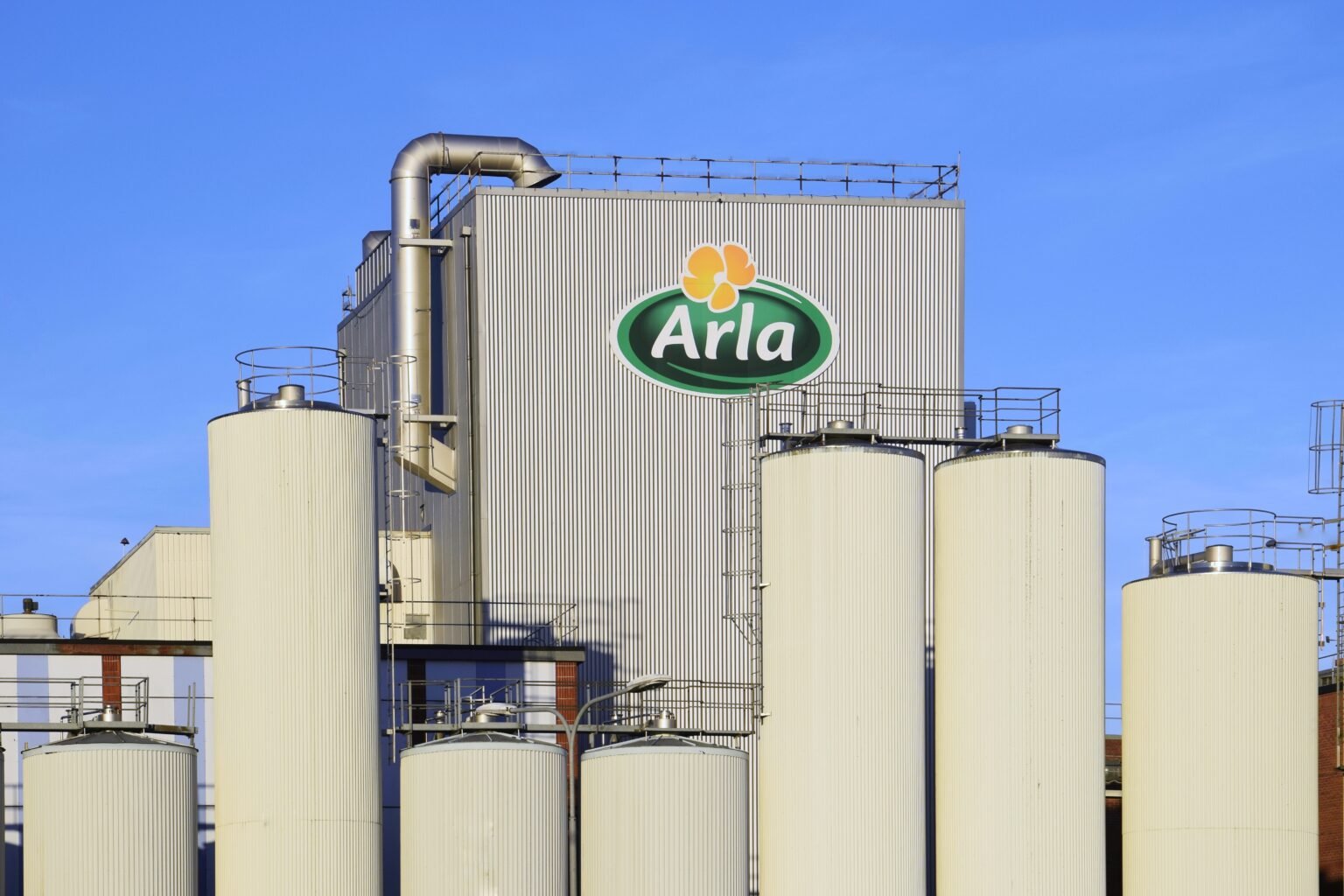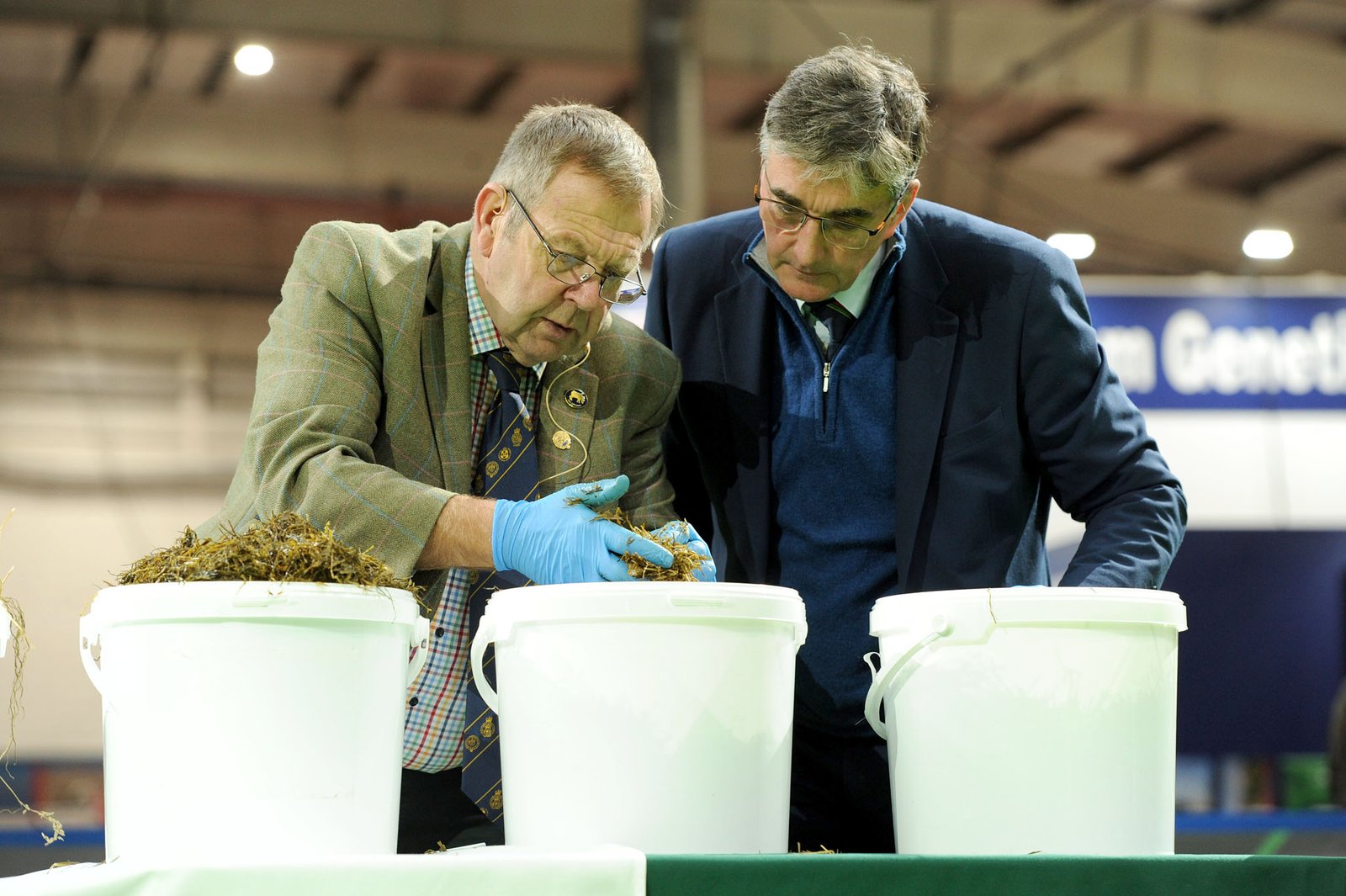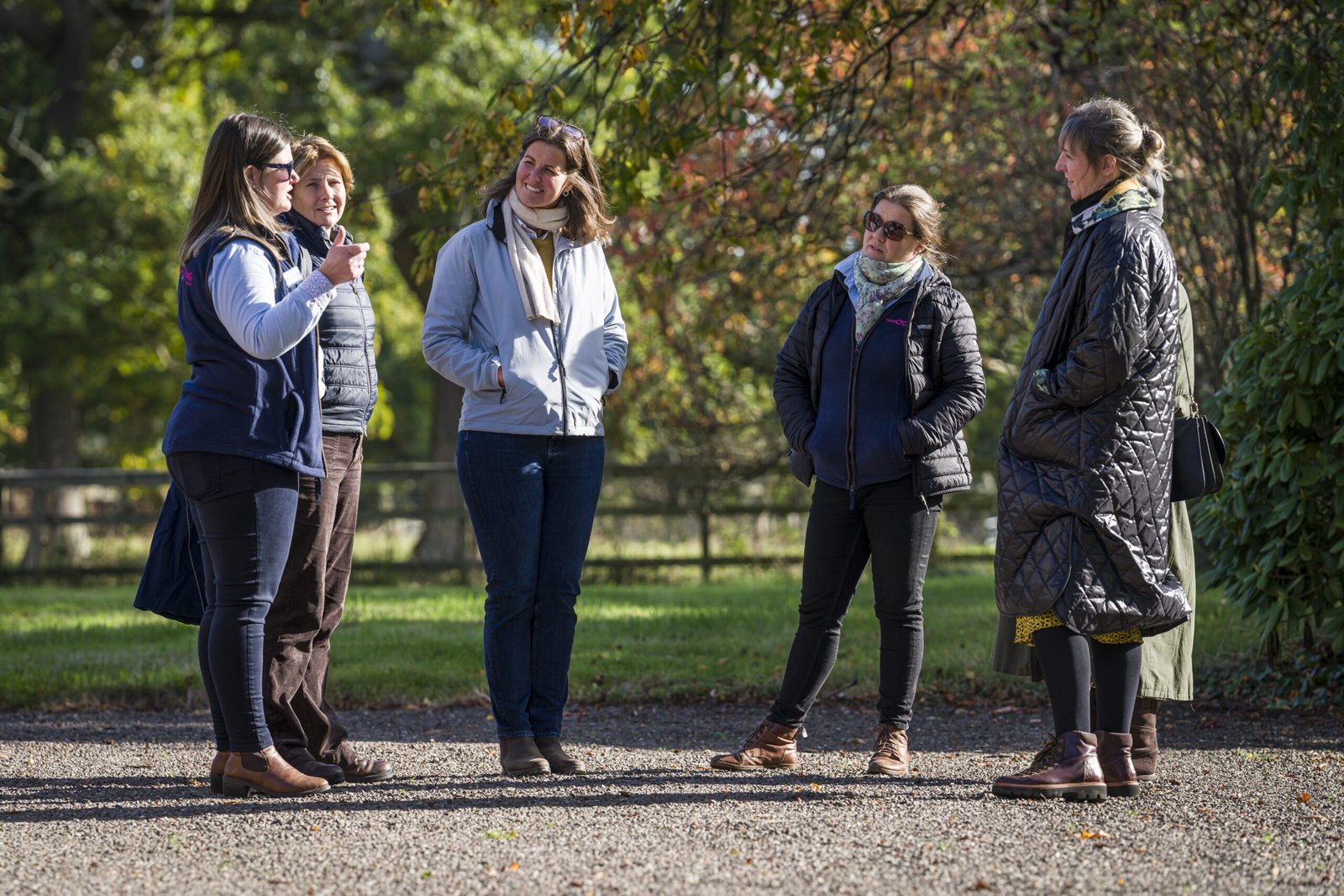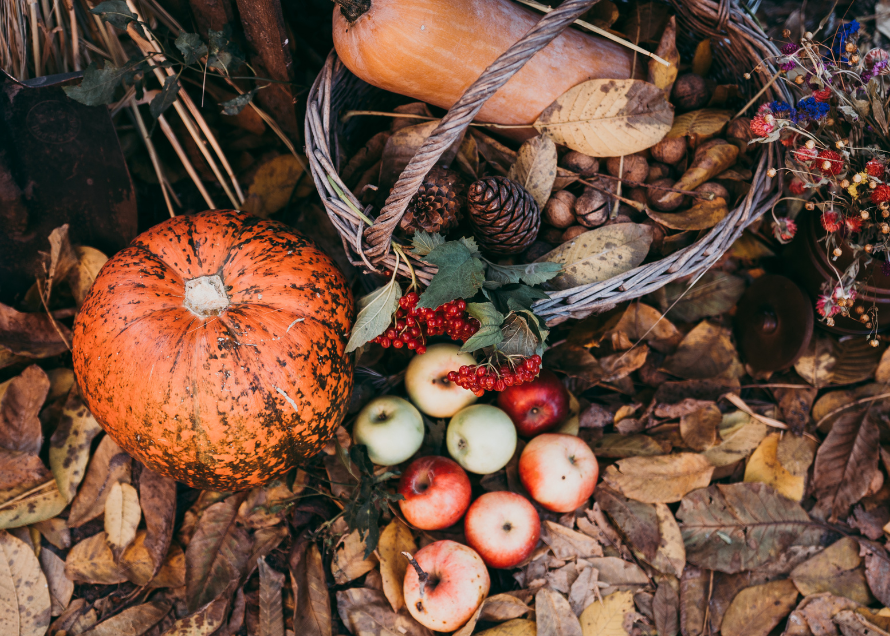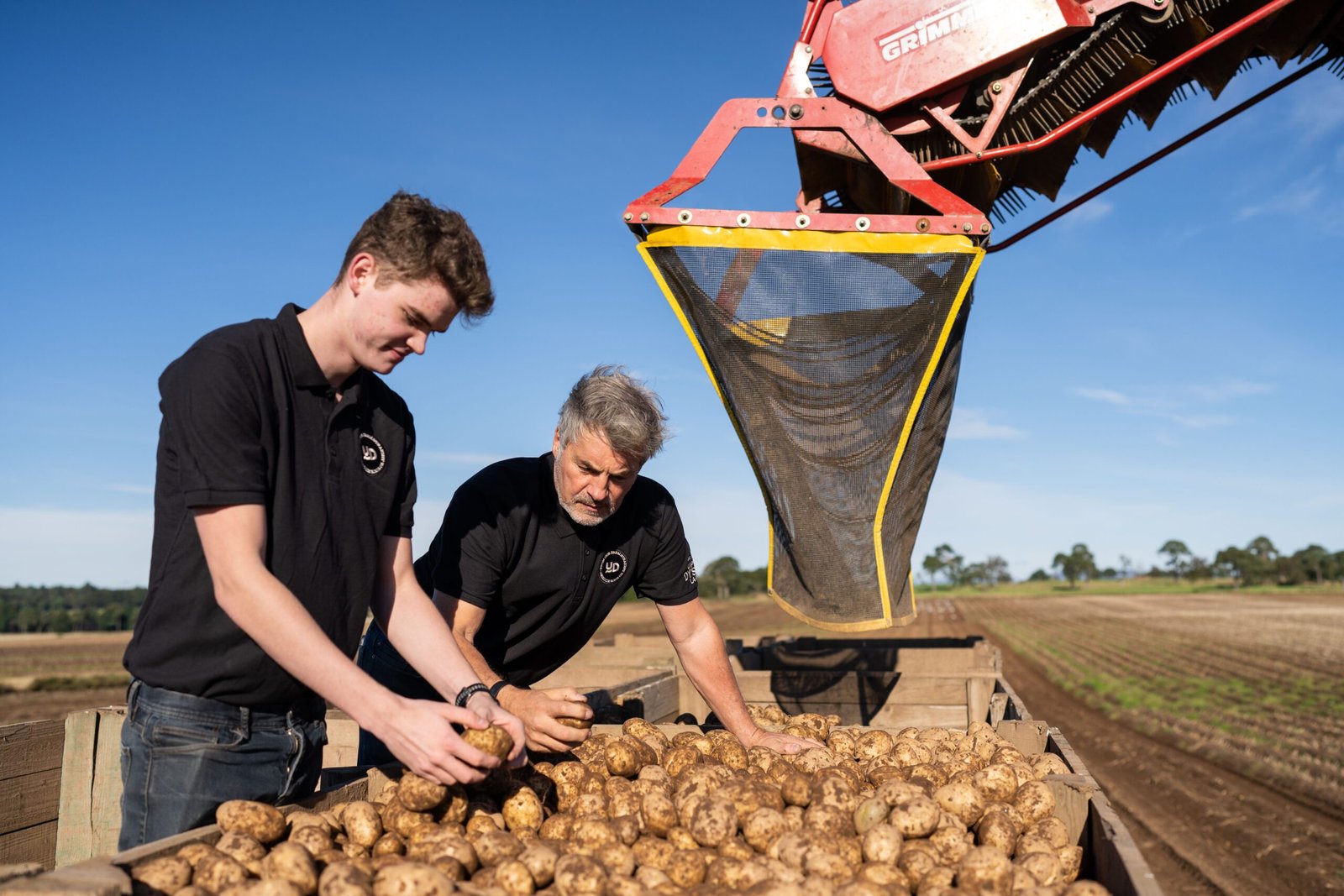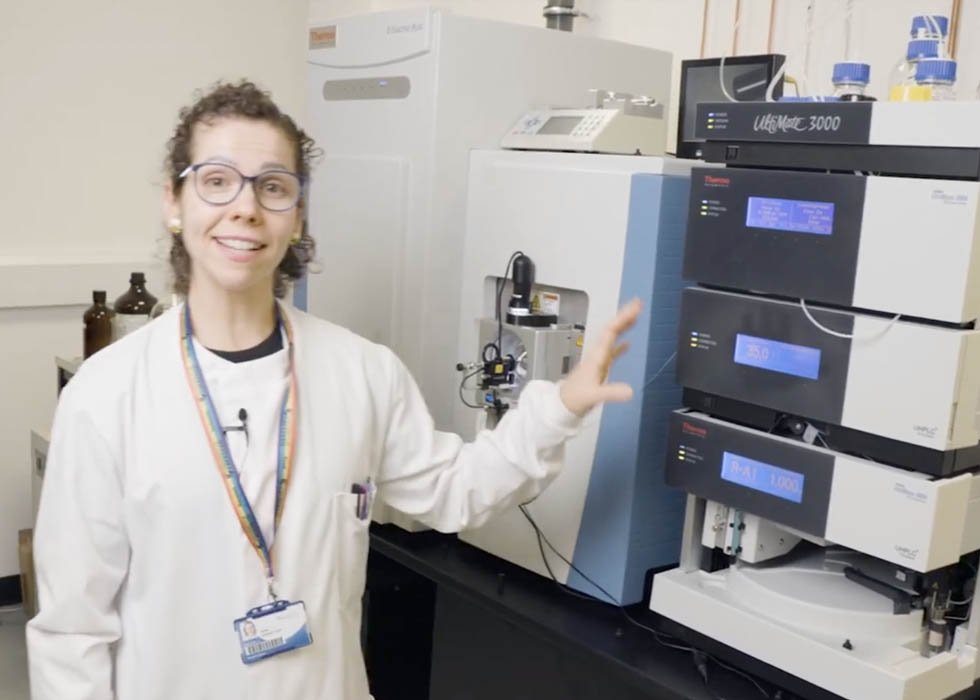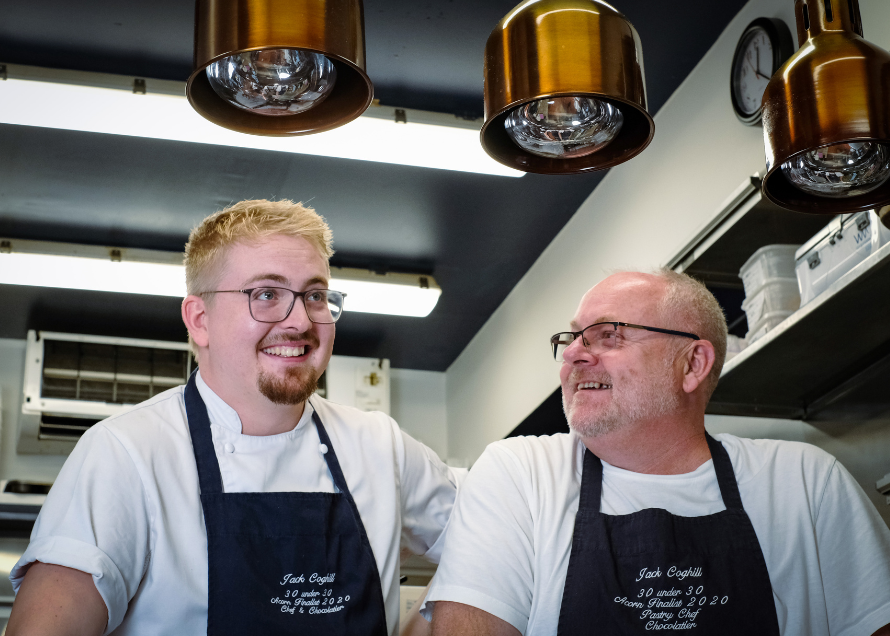MORE than 150 Scottish farmers and crofters joined a national webinar, staged by NFU Scotland this week, to discuss the fierce debate around carbon trading, carbon audits and carbon sequestration.
As the UK Government consults on Developing the UK emissions trading scheme (UK ETS), NFUS is asking its members for their views on these high profile and, at times, controversial subjects. A member-only survey is already underway.
The UK government has recognised that there is significant interest and ongoing investment from the private sector in carbon trading, and that this new market, which has attracted a significant amount of media attention in recent times, has both risks and opportunities.
The open webinar on Monday 9 May, chaired by NFU Scotland President Martin Kennedy, featured a presentation from Climate Change Policy Manager Kate Hopper. It stimulated a significant debate and a great number of questions and is available to view at: https://vimeo.com/708123283
Speaking after the event, Kate Hopper said: “It was a fantastic to see such a large and engaged turnout to discuss what is increasingly becoming one of the biggest issues facing Scottish agriculture as we work towards net zero.”
“The UK government has recognised that there is significant interest and ongoing investment from the private sector in carbon trading, and that this new market, which is firmly in the media spotlight, has both risks and opportunities.”
“Our members are rightly concerned about the impact of carbon trading on land use change in Scotland. NFUS is concerned that unregulated trading could lead a reduction of land which would be best used to produce sustainable food.”
You Might Also Like:
“Scottish farmers and crofters are also calling for accurate auditing of carbon emissions and sequestration at both a national and farm level to identify how farms and crofts can balance their own carbon emissions.”
“We welcome the launch of the National Test Programme, and the support available for carbon audits and soil testing, as this will create a national baseline and help establish an accurate measurement of how much carbon is already being sequestered on farms.”
“As we continue to produce sustainable food, tackle climate change and biodiversity loss, we need assurance that climate change mitigation such as afforestation is being carried out in the best place for the right outcomes.”







